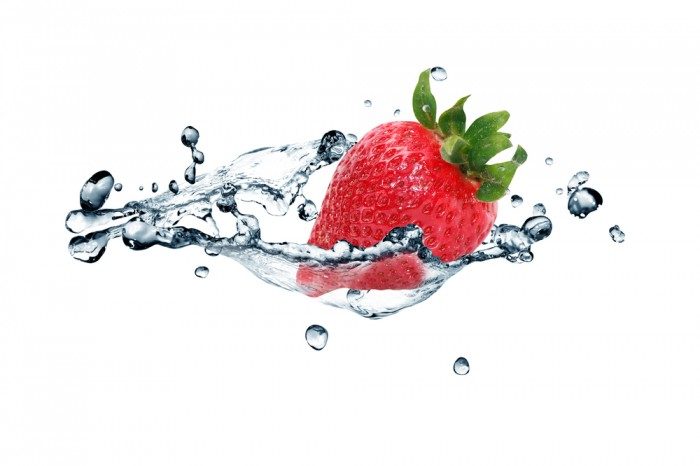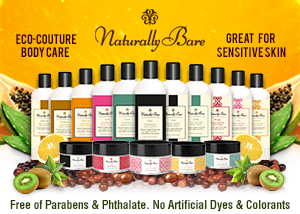Do Fruit & Vegetable Washes Really Work?

For years, my lips have blown up to Pamela Anderson-sized proportions when I partake in a non-organic apple. A pesticide reaction? I have no doubt, as conventionally grown apples are one of the worst pesticide offenders out there today—and organic apples render no allergic reaction to my lips.
In fact, a recent report from the nonprofit Environmental Working Group found a pesticide that’s banned in the European Union in noticeably high levels on apples grown in the U.S. And, in EWG’s new Dirty Dozen list, which ranks the worst non-organic produce when it comes to pesticide exposure, apples top the list.
The chemical in the spotlight is called diphenylamine, or DPA. When U.S.-grown apples are picked once a year in the fall and placed into cold storage until the next harvest, DPA is sprayed on those apples to prevent black spots known as “storage scald” that can render apples unsaleable. The chemical is regulated as a pesticide, although it doesn’t actually kill pests.
Is there any way to reduce the amount of DPA on our apples—and the pesticides on other conventionally grown, non-organic produce?
Enter produce washes, fruit and vegetable cleaning products that come in the form of a spray or a liquid that can be applied to fruits and vegetables to help clean off residues of things such as germs, bacteria, and even small amounts of pesticides. While many produce washes claim to banish pesticides (and there is little supporting data on the subject), one study shows that they are capable of rinsing off only trace amounts of the undesirable chemicals.
Completed over a decade ago by the Connecticut Agricultural Experiment Station, the study looked at the removal of trace pesticide residues from produce. It compared non-organic produce that was either 1) not washed at all, 2) rinsed only in water, or 3) washed in “FIT, Fruit & Vegetable Wash, Organiclean, Vegi-Clean, or a 1% solution of Palmolive.”
The results revealed that there was “little or no difference between tap water rinsing or using a fruit and vegetable wash in reducing residues of the nine pesticides studied.” Still, there was a difference between the unwashed produce and the produce that was rinsed in water or washed with a product—the unwashed produce had more pesticide residue.
The takeaway? You can help reduce the amount of pesticides present on the surface of non-organic produce simply by rinsing thoroughly with tap water. Fruit and vegetable washes may not remove pesticides any more effectively than tap water but they may be more efficient at washing away harmful germs and bacteria such as salmonella and e.coli.
Still, buying organic, non-GMO produce is the only way to ensure that you’re avoiding those pesticides that have seeped through the skin of the produce or that have been inbred with genetically engineered (GMO) seeds.



CONNECT WITH US